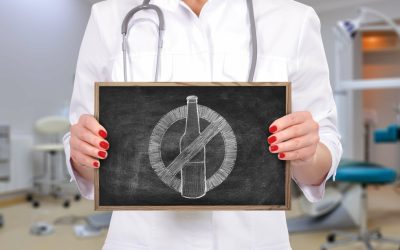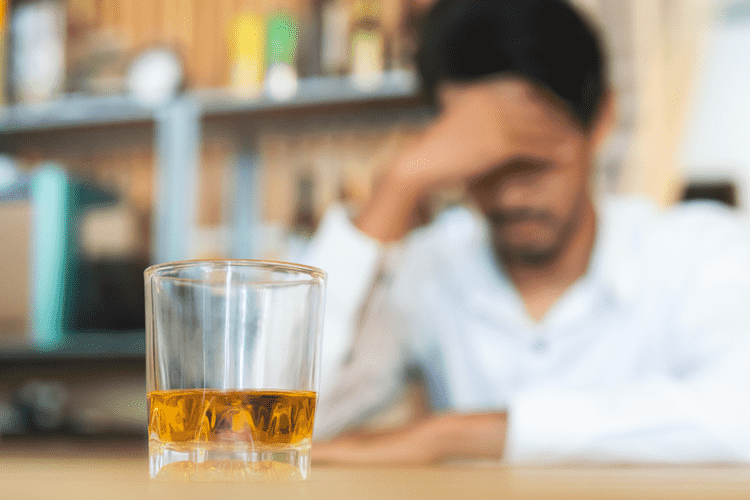Some studies suggest that alcohol contributes to sleep apnea because it causes the throat muscles to relax, which in turn creates more resistance during breathing. This can exacerbate OSA symptoms and lead to disruptive breathing episodes, as well as heavier snoring. Additionally, consuming just one serving of alcohol before bed can lead to symptoms of OSA and heavy snoring, even for people who have not been diagnosed with sleep apnea.
- Habits are tough to break, particularly when it comes to sleep patterns.
- People who consume alcohol may wake up during sleep and experience increased disruptions such as sleep apnea and snoring.
- Insomnia is a sleep disorder that can affect people of all ages.
- When you stop drinking, your brain may rebound by increasing REM sleep, sometimes leading to an overload of vivid dreaming or even nightmares.
steps (plus BONUS) to falling asleep without alcohol
This article reviews the relationship between alcohol and insomnia, including how alcohol can affect sleep quality alongside the risks of poor sleep quality. It also considers ways to manage insomnia and prevent sleep disruption and answers some frequently asked questions. During apnea-related breathing episodes – which can occur throughout the night – the sleeper may make choking noises. People with sleep apnea are also prone to loud, disruptive snoring.
Understanding Sleep Hygiene

By practicing these natural methods to promote sleep, you can create a calming and soothing environment that supports healthy sleep patterns. Experiment with different techniques to find what works best for you and incorporate them into your nightly routine. Remember, consistency is key in retraining your body and mind to fall asleep can’t sleep without alcohol naturally and without relying on alcohol. Long-term alcohol use negatively affects REM cycles and decreases sleep quality. Over time, sleep deprivation can increase the risk of several chronic health conditions. Often times, it’s easy to grab a bottle of your favorite après beverage to blow off steam and relieve the day’s tensions.
Free Healthbeat Signup
This will give your body some fuel to break down the alcohol in your system. And prepping your bedroom for sleep also becomes more important. Alcohol can trigger night sweats, so you want to get the temperature right. Avoid anything with sugar or caffeine that could further disrupt your sleep.
Things are a little more complicated for those with an alcohol abuse problem. Studies show mixed results, with alcohol insomnia and related sleep disruptions lasting from five weeks to six months. If you’re suffering from serious mental health issues, reach out to loved ones or a healthcare professional for support. As an extended care treatment facility, Midwest Recovery Centers serves to provide intensive recovery treatment for alcohol addiction as well as other life problems. Contact us today to see how we can help you or your loved one begin recovery.

Sleep medications should be used judiciously and only for a short period of time. They can help regulate sleep patterns and assist in transitioning away from alcohol as a sleep aid. It’s crucial to follow the recommended dosage and consult with a healthcare professional to minimize the risk of dependency or other potential side effects. A sleep specialist, also known as a sleep doctor or sleep medicine physician, is a healthcare professional who specializes in diagnosing and treating sleep disorders.